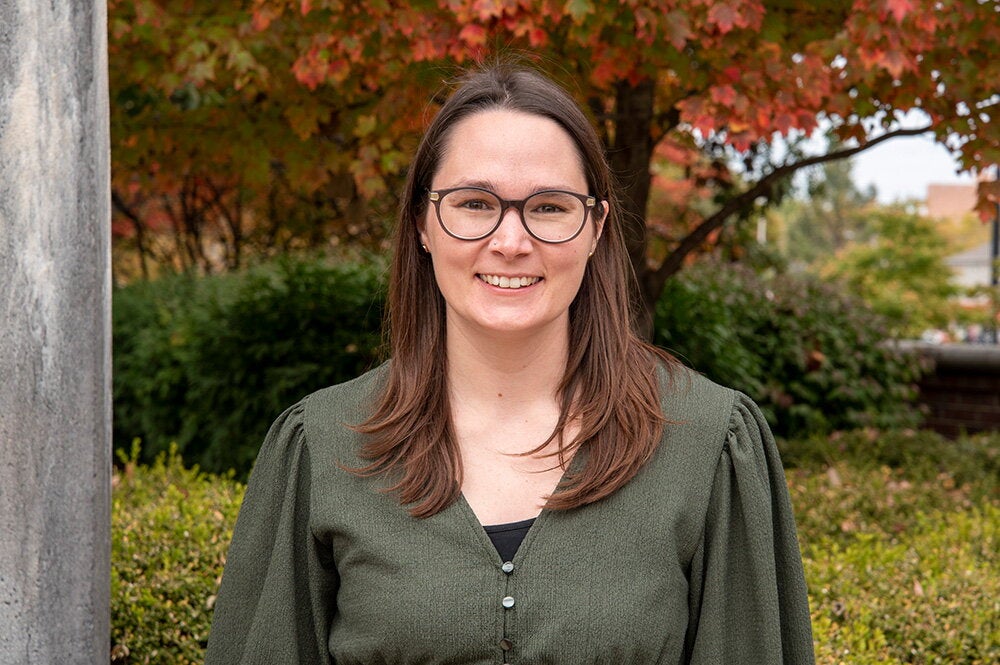

Guy Padbury’s work for the Upjohn pharmaceutical company hit closer to home than he ever expected when his father was diagnosed with Type 2 diabetes.
Padbury’s team with Upjohn did the metabolism research on a molecule that was licensed to Eli Lily and went on to become the drug Actof. This was the drug that helped to control his father’s diabetes, along with changes in diet and exercise. Ironically, Padbury’s sister worked on marketing the drug for Eli Lily, so their father’s treatment became a family affair.
Padbury says this experience changed how he viewed what he did for a living. He saw how the drugs he worked on “were actually touching people first hand. And that perspective really enriches your motivation.”
Over his career, Padbury played a leading role in getting a host of therapeutic drugs to market–drugs that treat everything from bacterial infections, HIV, and heart disease to Parkinson’s, osteoporosis, and, in his father’s case, diabetes. For this work, Padbury is a recipient of the 2015 LAS Alumni Achievement Award.
Padbury was born in London—the son of working class parents. His family then moved to New Zealand before they came to Indianapolis when Padbury was in the second grade. In high school, he turned to the sciences, thanks to the influence of his first chemistry teacher, and he majored in chemistry at Butler University.
“I was the first of my family to graduate with the equivalent of a high school degree, let alone go to a university, so I am the classic American Dream come true,” he says.
After receiving his bachelor’s degree in chemistry from Butler in 1981, Padbury spent three years at Dow Pharmaceuticals before his boss, a former Marine sergeant, strongly encouraged him to go back to school for an advanced degree. This brought him to the University of Illinois, where he received his master’s in 1985 and PhD in 1988, both in biochemistry.
Padbury’s specialty became pharmacokinetics, or drug metabolism. While pharmacology understands how a drug affects human biology, pharmacokinetics is the reverse—understanding how human biology affects the drugs once they are administered.
How long it takes for the drug to move through your gastrointestinal tract and into circulation, and then how long it lasts in circulation dictates how often you need to take it, he says. Pharmacokinetics also affects how you take a drug, such as determining whether it must be taken with food.
Padbury started doing metabolism research for the Upjohn Company in Kalamazoo, Michigan, in 1987, working his way up the ranks to director of drug metabolism research for North America by 1998 and then senior director for global drug metabolism research by 2000.
Zyvox was a good example of the kinds of drugs they developed at Upjohn—and one of the most significant. Zyvox was a first-in-class drug—the first antibiotic to be classed that way in several decades. (First-in-class means it uses a unique new mechanism to treat a medical problem.)
“For it to be a first-in-class antibiotic is pretty exciting stuff to be associated with,” he says.
Because the success rate of new drugs is so low, he says, “You can go an entire career and never be associated with a molecule that ends up becoming valuable medicine for patients. But that’s one I was able to see go from the discovery to the registration to use in medical practice.”
Padbury and his family moved from Kalamazoo to St. Louis in 2003, when the pharmaceutical giant Pfizer acquired Pharmacia (which was Upjohn’s new name after earlier mergers). With Pfizer, he eventually became senior vice president of worldwide pharmacokinetics, dynamics, and metabolism.
During this period, he also became more responsible for “people development.”
“My responsibilities continued to be seeing projects move through the pipeline, but I was also much more responsible for seeing young scientists develop and be successful,” he says.
Padbury’s ability to package a new drug for regulatory approval at the FDA significantly increased the success rate of drugs. In the early 1990s, for every 10 molecules that went into clinical testing, four or five of them failed because of drug metabolism issues. But within a decade, his company was able to improve the success rate so that only one out of 20 failed for metabolism issues.
Always seeking a new challenge, Padbury decided to move into the biotechnology industry in 2009, becoming the vice president of pharmacokinetics and drug metabolism for the biotech company Amgen in California.
“I like to feel a little intimidated,” he says. “I like to put myself where I’m forced to learn, and I like to be around young scientists that know so much it scares you. It’s an invigorating environment.”
Most recently, he says he thought it was time to make another change and “scare myself a little bit more,” so he joined Merck & Company this past July as senior vice president of preclinical development. His responsibilities have expanded beyond drug metabolism, and he is in charge of the pharmaceutical sciences formulation development group, as well as the groups responsible for preclinical safety assessments.
Padbury says that like many researchers, he began his career with a pure passion for science, but as he saw the impact of these drugs, he became more driven by the effect they had on people’s lives.
“You still have your passion for science, but the mission of the industry really starts to captivate you,” he points out. “You’re making something that is actually going to improve a person’s life and, in some cases, prolong their lives. That starts to ground you and bring you energy to come into work every day.”
As he puts it, “That’s been my lightning rod.”


